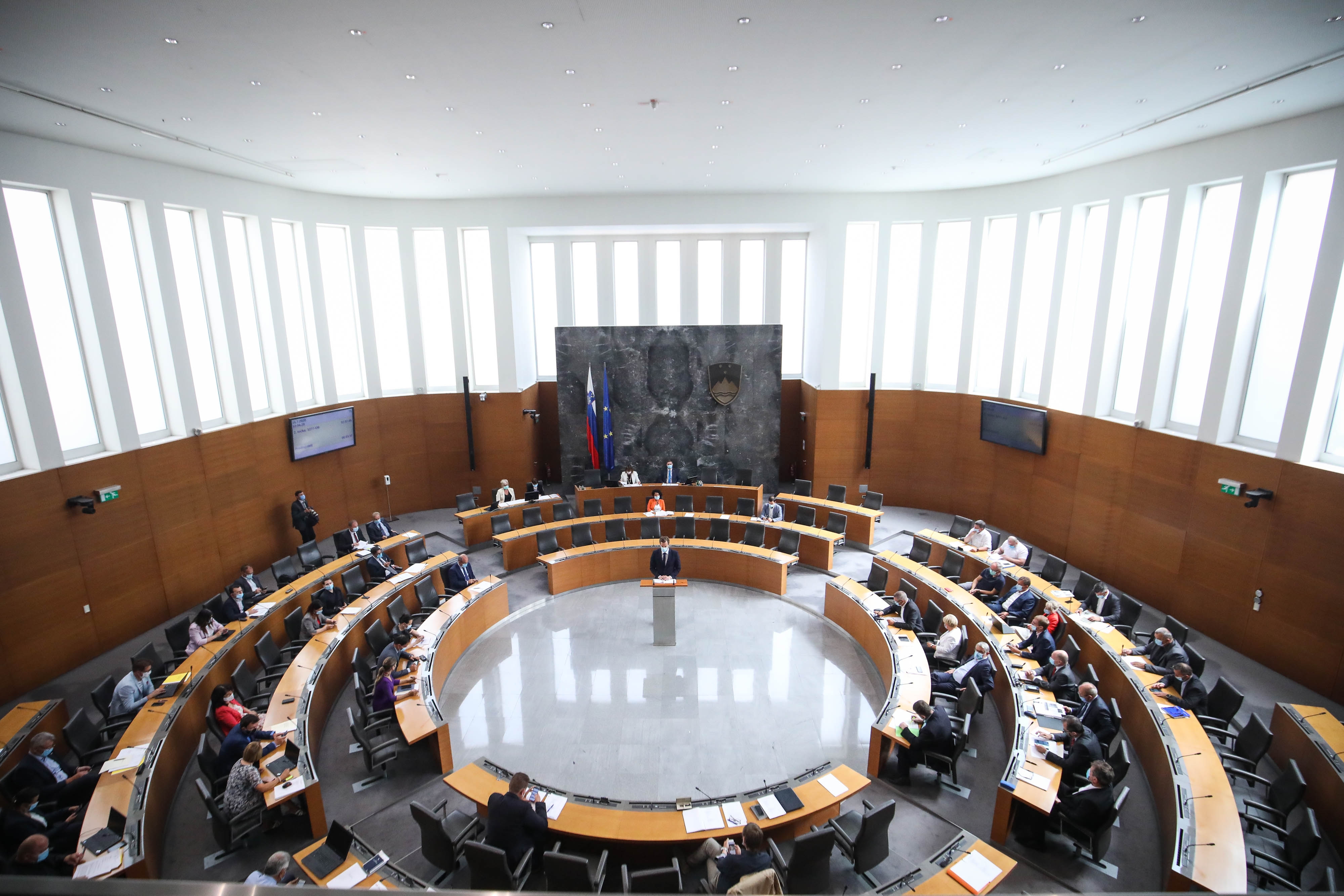On Thursday’s session, the National Assembly will approve the measures which are part of the fifth anti-corona legislative package. The package will extend the validity of certain measures from the previous anti-corona legislative packages and add some new ones. In this package, the government placed the greatest emphasis on the labour market, the self-employed, the health sector, and social welfare.
The companies whose revenue has declined by more than 30 percent relative to 2019, will still be able to use the measure of waiting for work at home in the future, with the salaries of the workers who will be waiting for work, covered by the state. The new law also stipulates that one of the parents will be paid while being quarantine if quarantine has been ordered for the child. The cost of quarantine will also be paid by the state. Due to the deteriorating epidemiological picture, the government is also thinking about the self-employed in advance, so from October until the end of the year, it will allocate a basic income of 1,100 euros to all those whose incomes have dropped by at least 20 percent in 2020, compared to the previous year. At the proposal of the coalition, they also extended the guarantee scheme for liquidity loans to companies for six months, until the end of June 2021.
Those employed in healthcare and working in positions where they are more exposed to the coronavirus, such as the grey and red zones, will be entitled to a 30 percent salary supplement, and if they are reassigned to another job, their salary will be 20 percent higher. The healthcare sector is also planning to establish a coordination working group, which will act as a support to the social welfare institutions, for appropriate action in the event of an outbreak of COVID-19. As social welfare institutions have not been able to fill the empty capacities in certain cases, and have consequently lost revenues, the law also envisages covering the costs of loss of revenue due to unoccupied capacities.
The new legislative package will also include a ban on gatherings on private premises, as already defined for public premises. Thus, several inspectorates would be responsible for monitoring compliance with the measures, and the police officers and city wardens would be given more powers. The possibility of obtaining and processing personal data from various databases of the Ministry of Health and the National Institute of Public Health was removed from the proposal.
Private healthcare providers will also be able to apply for the provision of public healthcare services
Starting next year, the doctors employed in public healthcare institutions will only be able to work for private companies for a maximum of eight hours a week. Everyone employed in the healthcare sector will be able to get vaccinated against the flu for free. In order to shorten the waiting times, a national tender for improving access to healthcare services will be published, to which both public and private healthcare providers will be able to apply. It will be financed by the health insurance companies and the state budget.
According to the lawyer of the National Assembly, the introduction of three days of sick leave without a doctor’s notice is unfounded, as it is within the competence of the doctor to determine the patient’s state of health.
The state will reimburse part of the lost income to all transport providers who were not able to provide transport during the time of the declared epidemic, and it will also partially finance the purchasing of protective equipment. The purchase of protective equipment will also be financed by the state for companies and educational and scientific institutions. STA also wrote that another mobile application is presented in the legislative package, that will inform the user of preventive measures, in order to prevent the spread of the virus.
Sara Rančigaj

